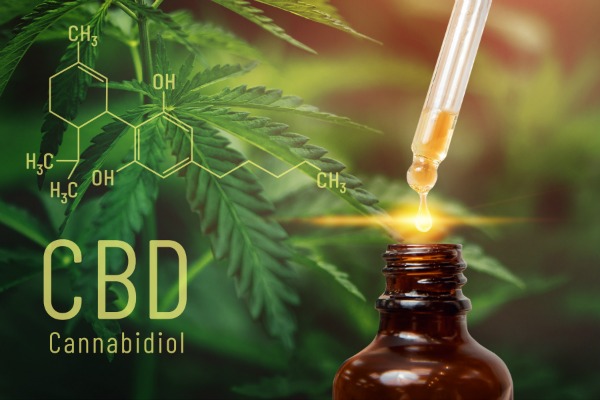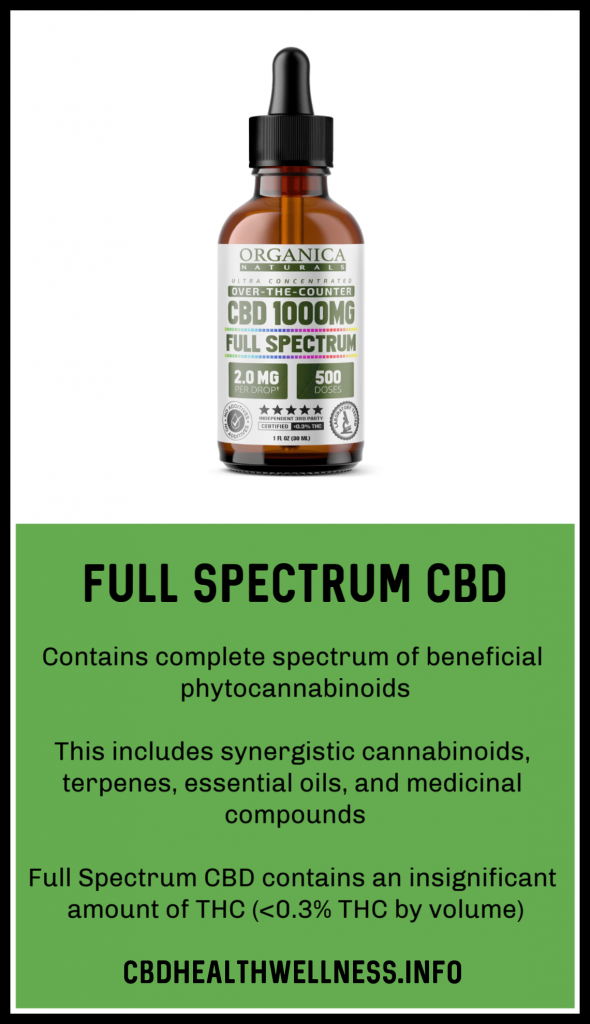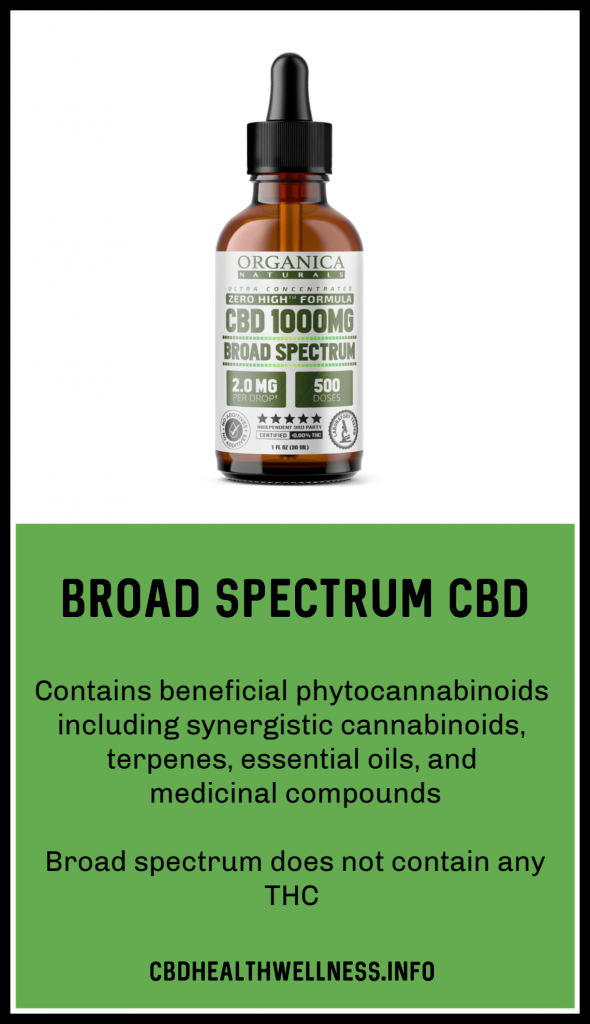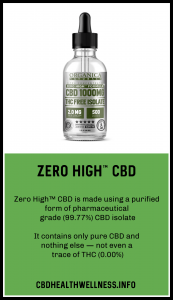
So you want to try CBD, but while searching around for products, you have come across an obstacle: what kind should you buy, exactly?
There are a LOT of different CBD products on the market now. Trying to select one to use can be overwhelming. Some of the terms used to describe different types of CBD are confusing, further complicating the issue. For example, CBD is often made from hemp, but is hemp oil the same thing as CBD oil? What is the difference between full spectrum and broad spectrum? And what the heck is “isolate”?
Worry not, my CBD-curious friend. This guide will clear up any questions you have about the various kinds of CBD.
Ready? Let’s dive in.
First, let’s define some terms.
What are CBD and THC?
Cannabidiol (CBD) and tetrahydrocannabinol (THC) are two of more than 100 compounds found in Cannabis sativa plants that belong to a class of naturally-occurring compounds called phytocannabinoids (often referred to as “cannabinoids”).
Cannabinoids bind to special receptors in the human body that make up what is known as the endocannabinoid system.
Here are some quick facts about cannabis plants:
- Cannabis is a genus of flowering plants in the family Cannabaceae.
- Cannabis sativa refers to a plant family that includes hemp and marijuana (and many other plants).
- Hemp is a variety of cannabis that contains more CBD than THC (0.3%).
- Marijuana is a variety of cannabis that contains more THC (5-35%) than CBD.
Interestingly, research has shown that CBD acts to reduce the psychoactive effects of THC (also known as “The High Causer”).
CBD is the same whether it is sourced from hemp or from marijuana.
Because some CBD products contain a bit of THC, people often wonder…
Will CBD make me high?
The answer is NOPE! That’s because CBD – even Full Spectrum – does not contain enough THC to produce a high. However, you may test positive on a drug screening that specifically tests for THC if you are taking a CBD product that also contains THC, however minuscule the amount. It is not advisable to use a Full Spectrum CBD formula if you are randomly drug screened for this reason.
If you want to avoid the ingestion of THC for whatever reason, Isolate and Broad Spectrum products are a safe bet – in fact, Zero High™ CBD contains only pure CBD and nothing else — not even a trace of THC (each product batch is tested by an independent 3rd-party facility to verify 0.00% THC content). Broad Spectrum CBD also does not contain THC, but does contain synergistic cannabinoids, terpenes, essential oils, and medicinal compounds.
Both CBD and THC have significant therapeutic properties, but they act in different ways on different receptors in the brain and body. If you are okay with consuming a little THC, you might want to try a Full Spectrum CBD product, because they contain the complete spectrum of beneficial cannabinoids.
A growing body of scientific research (and lots of anecdotal accounts from people and their doctors!) supports CBD’s potential to manage or treat a wide range of health concerns. Project CBD is an outstanding resource for information on the specific conditions CBD may help, with links to published studies for each condition. To check out their guide, click here: Can CBD Help Your Symptoms?
Full Spectrum CBD, Broad Spectrum CBD, and Isolate CBD
There are over 100 known cannabinoids and the full collection of them forms what is referred to as the cannabinoid spectrum. Some CBD products contain a whole bunch of those cannabinoids, and some products only contain CBD.
Here are the differences between the three most common forms of CBD: Full Spectrum, Broad Spectrum, and Isolate.
A quick note: Full Spectrum and Broad Spectrum (Full, in particular, because it contains THC and Broad does not) have the benefit of what scientists call an “entourage effect”. Many of the compounds in cannabis plants interact synergistically, enhancing the therapeutic benefits of the plant’s individual components. In other words, the medicinal impact of the whole plant is greater than isolating certain compounds.
Full Spectrum CBD
When a CBD formula is “full spectrum,” it means that it contains the entire range of phytocannabinoids (the full spectrum) derived from cannabis – this includes synergistic cannabinoids, terpenes, essential oils, and medicinal compounds.
Because Full Spectrum CBD formulas are extracted in a way that preserves the entire spectrum of cannabinoids in addition to cannabidiol, all full spectrum products contain trace levels of THC (<0.3%).

Broad Spectrum CBD
Many people want to feel the life-changing benefits of CBD, but are worried about consuming THC. That is where Broad Spectrum CBD comes in.
Broad Spectrum CBD contains all the benefits that Full Spectrum CBD formulas offer — the synergistic cannabinoids, terpenes, essential oils, and medicinal compounds — without a trace of THC.

Isolate CBD
This kind of CBD contains nothing but…CBD! They do not contain any of the synergistic cannabinoids, terpenes, essential oils, and medicinal compounds that are found in Full Spectrum CBD products. They also do not contain any THC whatsoever.
Our favorite brand of CBD Isolate – the Zero High™ line of CBD products – contains a radically purified (99.77%) form of CBD isolate that’s pharmaceutical grade — it’s so pure, it’s clear!
Isolates are a good choice for people who:
- Have been advised to take high doses of CBD
- Want to avoid ingesting THC
- Dislike the taste of Full or Broad Spectrum CBD (Full Spectrum softgels or masking the taste of CBD oil are other options)

So, there you have it! I hope this article clears up any questions you have about the three main kinds of CBD. If you have additional questions, please feel free to reach out to us using this form: Contact Us